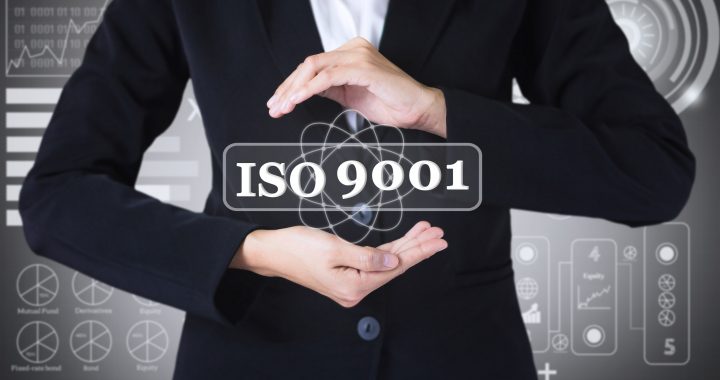The process ISO uses to develop standards is detailed, involved, complex and lengthy – and that’s a good thing. ISO standards aim to ensure that similar businesses throughout the world follow the same rules, so it’s understandable that it’s a long and difficult process. Luckily, as you are trying to obtain your ISO 9001:2015 certification, you will have trusted consultants like us at Trident QMS to explain what needs to be done. Just so you get the general idea, however, here are some of the basics regarding how ISO develops standards.
Process ISO Uses to Develop Standards
As described by ISO, a committee of technical experts is nominated by ISO’s members for specific subject areas.
“They begin the process with the development of a draft that meets a specific market need. This is then shared for commenting and further discussion,” ISO explains on its website. “The voting process is the key to consensus. If that’s achieved then the draft is on its way to becoming an ISO standard. If agreement isn’t reached then the draft will be modified further, and voted on again.”
As examples of only a handful of these committees, one focuses on rolling bearings, another focuses on steel, a third focuses on food products and yet others focus on photography and acoustics. Currently, there are 242 of these technical committees.
Developing a standard usually takes about three years.
In addition to this consensus involving the committee and stakeholders, the process ISO uses to develop standards is based on global expert opinion and responding to a need in the market.
The people who develop standards come from a variety of industries and in most cases work in the field.
In all, ISO has published more than 21,000 international standards.
Including Consumers’ Opinions

The process ISO uses to develop standards also takes consumers’ input into account through organizations including Consumers International.
Consumers International’s mission is to work with “members and partners globally, to empower and champion the rights of consumers, and ensure they are treated safely, fairly and honestly.”
According to the organization, its principles are based on eight consumer rights.
• The right to satisfaction of basic needs
• The right to safety
• The right to be informed
• The right to choose
• The right to be heard
• The right to redress
• The right to consumer education
• The right to a healthy environment
Contact Trident QMS for More Information
If you would like more specific information about the process ISO uses to develop standards, our consultants at Trident QMS can help fill you in. Our consultants have years of experience in many of these fields and can help you navigate the details about what needs to be done in your case. We can be reached through our Trident QMS website or by phone at 520-314-4343.

